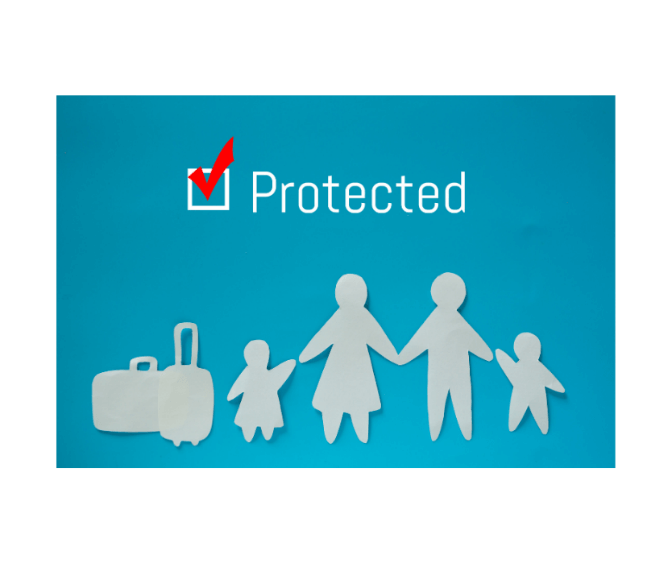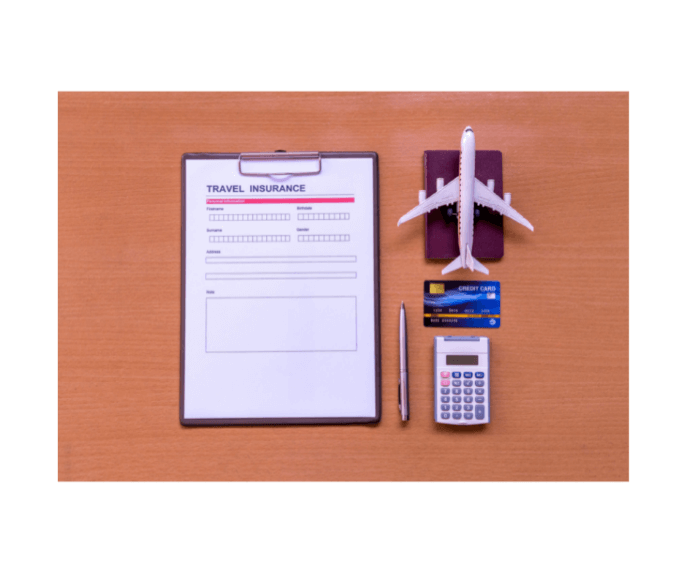Our Five Top Tips To Follow If You Need To Make A Travel Insurance Claim
Although most holidays go off without a glitch, every now and again some holidaymakers experience cancelled flights, lost luggage and delayed departures.
It is vital that you have the correct travel insurance in place for your holiday to protect your trip against the unexpected. A non-medical claim averages at around £500, however medical related issues can amount to a whopping average of £1,300*. If you need to claim, it is crucial that you follow your travel insurer’s claim process and submit all the relevant information and supporting evidence. This prevents you having to go back and forth with your insurer and gets the money you’re out-of-pocket for back to you quicker.
Here are our top 5 tips for keeping your claims process as straightforward and turbulence-free as possible:
- Before you take off:
We recommend thoroughly checking your travel insurance policy wording to ensure it offers protection for all of the things you would expect to be covered for. It is recommended that you do this before you buy your policy, this saves you the hassle of having to rush through it when you get home to check if you are covered for any unexpected events that may have taken place on your trip. Make sure you have packed a copy of your travel insurance documents – we strongly suggest choosing a policy that enables your documents to travel digitally with you. It is also a good idea to add the contact details for your travel insurer’s emergency medical assistance team to your mobile phone, so that if you run into any medical emergencies whilst abroad, you can notify the team instantly and get the help and support you need in the moment.
2. Understanding your policy excess:
Make sure you have a solid understanding of any policy exclusions or excesses you have to pay before initiating your claims process. Many holidaymakers do not understand their excess which is the amount you agree to contribute towards the cost of the claim, this excess varies depending on your chosen cover. It is essential that you read through your policy wording to see if there is an excess that applies to your policy or if there’s anything obvious that indicates that your claim may be declined. For example, if you claim for £70 but the excess stated is £100 this would be denied as it falls below the excess.
3. Do not hold back on the details
It is crucial that you provide as much detail as you can when making your claim. A vague statement such as ‘my bag was stolen’ does not indicate to your travel insurer where you lost your bag, what time it was stolen or the value of its contents. If you think a piece of information will be relevant, let your insurer know.
4. Follow any requests and instructions carefully
Make sure you have included any requested supporting evidence with your claim. Failure to do so can result in a lengthy claims process because the insurer will need to retrieve the missing information from you. The majority of travel insurance claims forms are clearly signposted with what documents and information is required from you to make the process as smooth and efficient as possible. Bear in mind that some travel insurers require you to submit a claim within a certain period of time otherwise it won’t be covered.
It is worth remembering that there are certain situations that will require you to recover any lost costs elsewhere in the first instance. For example, if your flight has been cancelled by the airline, it is their duty to cover any hotel costs and to ensure you arrive at your destination. If you are claiming for an item that was lost or stolen, most travel insurance companies will require you to provide a written police report.
5. Back up your claim with the correct documents
If you have not provided your travel insurer with the relevant documents, this will more than likely cause a delay to the settlement of your claim.
Depending on the type of claim you are making, you may be required to submit a number of supporting documents as evidence. For example, you’ll need to provide proof of purchase if you are claiming for lost or stolen possessions – this could either be a bank statement, a receipt/gift receipt or online purchase receipts as well as a police report or crime reference number which was completed after the incident occurred (there is usually a 48-hour time limit on this so be sure to check with your travel insurance provider). For medical claims, the majority of travel insurance providers require a medical certificate (if you are claiming for a cancellation) or invoices for all treatment including receipts for any upfront costs you may have already had to pay.
As an expert travel insurance provider with great customer experience at its core, we have ensured our claims process is as straightforward and fuss free as possible, so that you can focus on your great escape whilst staying Holidaysafe! However, having an understanding of these basic claims requirements enables you to hit the ground running if the time comes to make a claim. We hope we’ve helped!
You can find out more about the cover that we offer by taking a look at our cover levels, our benefits of travel insurance or by getting a quote.



